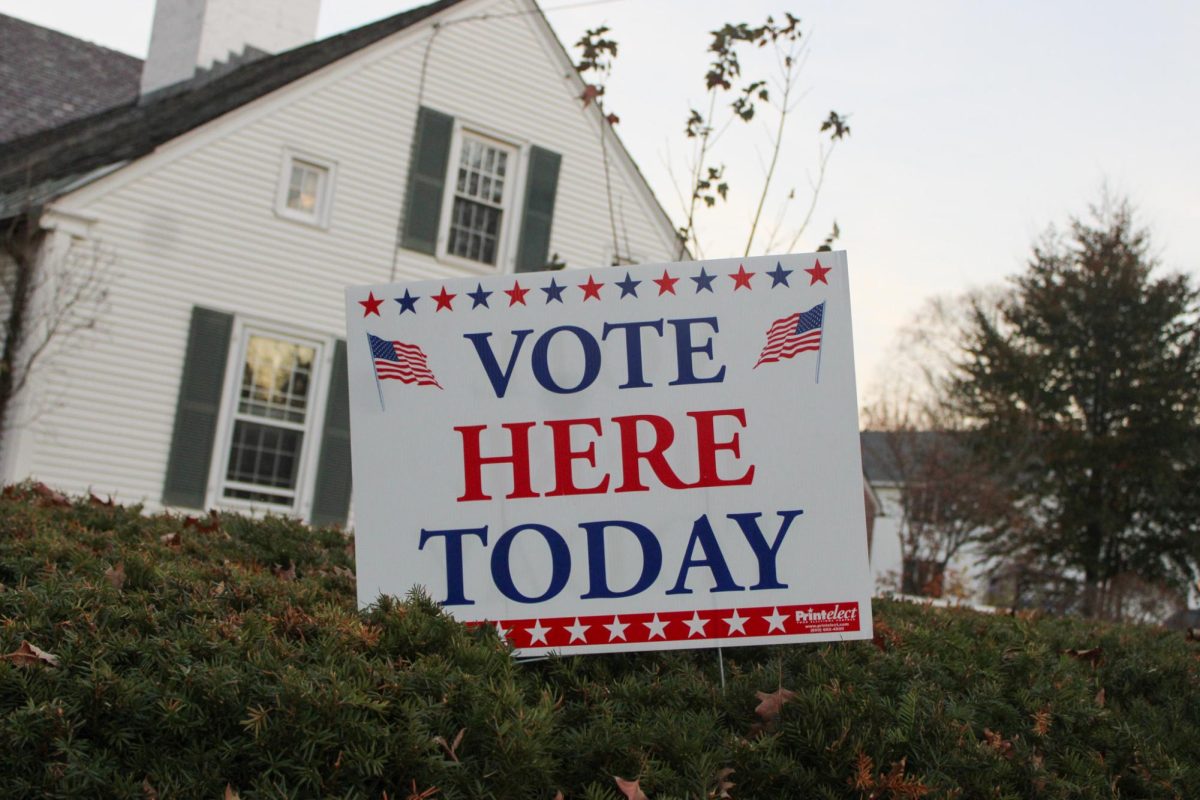Every election cycle there are amendments that each voter has the opportunity to vote on by state. These amendments are important, yet sometimes receive limited attention.
Amendment 5 looks to increase the minimum wage for workers in the food service industry. If passed, Amendment 5 would implement an incremental increase in wages for all food service workers by 2029. This is the state’s effort to standardize wages across different businesses and ensure that each worker in food service is earning the state-mandated minimum.
The bill has sparked disagreements in the food service industry because workers have differing opinions on what will be the effect on restaurants if passed.
Sarah Rogers, a freshman in the ultrasound program at Middlesex Community College, who has worked in the food service industry since she was 14, is an adamant opponent of Amendment 5. Between working at Dunkin’ Donuts and two other restaurants, she has worked for wages that have and have not included tips for different positions. She believes that there should be a relative amount of allocation of tips and wages for different positions.
“I am fine with how I was paid for the work I put in as a host, and the same is true for my time now as a server … [however] I think that there should be a baseline percentage or hourly amount of a server’s tips that should be given to the food expeditors,” Rogers said.
Rogers feels that everyone in a restaurant is doing their individual job and that the allocation of tips reflects their performance. She said that during her time as a server and while receiving help from food runners and bussers in her area, she would share those tips with them, but on nights that her work did not require their help, she would not split her tips.
“If this law is passed, the amount of effort any given worker puts in will no longer be necessary to make more money than any other person,” Rogers said.
Rogers also explained that Amendment 5 is a potential decrease in service jobs in the restaurant industry. “Increasing minimum wage for service workers would probably lead to restaurant owners wanting to decrease staff,” she said.
Alex Holmes, a junior operations and information management student at UMass, believes that Amendment 5 will have a negative impact on the restaurant industry. Holmes works at two different restaurants, one in her hometown and one near UMass. For both, she receives a wage that is structured around the tips she makes nightly.
“… At least restaurants in Massachusetts, I’m pretty sure they get minimum wage if they don’t get [enough] tips. So, let’s say we have a really slow night, and I make 15 dollars in tips [total] for the amount of hours that I work, the restaurant would compensate me up to minimum wage for that,” Holmes said.
Holmes claims that in her experience, restaurants will ensure that you are making at least minimum wage if your tips plus your wage are not greater than or equal to the minimum. This means there is no real reason to pass a law that guarantees food service workers minimum wage. Additionally, she believes a mandatory increase in salary for all food service workers could cause a myriad of problems for restaurants.
Holmes said there could be increases in prices at restaurants, smaller restaurants going out of business or patrons may start tipping less. Tips, she said, are an essential reason to work in food service.
“The whole point of waitressing is to get tips and to make above minimum wage and to make like 25 dollars an hour, instead of working at a random Walmart making 15 bucks an hour,” Holmes said.
Lucia Laprocido, a junior biology major, who worked at a bed and breakfast and two restaurants, supports Amendment 5. She understands why many food service workers believe this could cost them opportunities or money.
“It will be a minimal decrease and I think it prevents wage theft by the restaurant owners and managers. The amount that they increase food prices by will not be detrimental to the sales,” Laprocido said.
Laprocido believes food prices, whether it is groceries or restaurant prices, are already skyrocketing unrelated to wage increases.
“I know a good amount of people that are already making minimum wage in [the] food service industry and has not seen a huge decrease in sales,” Laprocido said.
Leveling everyone in the food service industry at minimum wage can help ensure people are making their fair share, according to Laprocido, by potentially revealing and preventing what she called, “price-gouging and wage theft by owners and managers.”
Laprocido explained that for those who are undecided on how to vote for the bill, that it can bring “stability to an industry where people can often struggle to make ends meet.”
Preston Miller can be reached at [email protected].



















